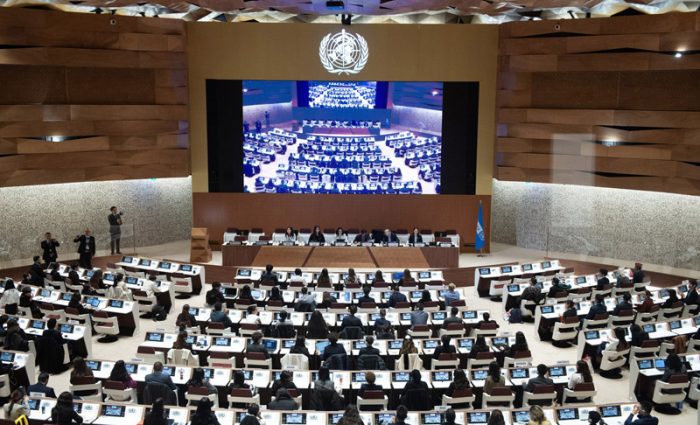Without combating parasitic and tropical diseases and controlling their spread, the population is threatened with serious diseases that are life-threatening, often lead to loss of working capacity, and weaken a person so much that it does not exclude the possibility of a lethal outcome in the event of other, concomitant infections. Only systematic attention to one's own health can prevent these diseases.
In the 21st century, parasitic and tropical diseases, the so-called `neglected diseases', remain a priority for the World Health Organization (WHO). According to the World Health Organization, up to 300 million cases of malaria are registered worldwide, and a quarter of the world's population is infected with intestinal parasites. Domestic animals, large livestock, and crops are also at risk of being affected by parasites. Modern climate change in non-tropical regions creates favorable natural conditions for the spread of `neglected diseases' and puts the population at risk.
Georgia's geographical location and climatic factors contribute to the widespread spread of various parasitic diseases, their causative agents, and vectors.
More than 30 different nosologies of parasitic diseases are registered in the territory of Georgia. Among them are imported parasitosis: tropical malaria, helminthiasis: intestinal schistosomiasis, opisthorchiasis, diphyllobothriasis, loiasis, paragonimiasis.
Intestinal parasites are widespread throughout Georgia. The population is infected with the following intestinal parasites: protozoa - giardiasis, amebiasis, helminthiasis - ascariasis, trichocephalosis. When assessing the situation, it was revealed that the structure of parasites has changed in the last decade. In particular, enterobiasis, teniasis, fascioliasis, echinococcosis have increased.


